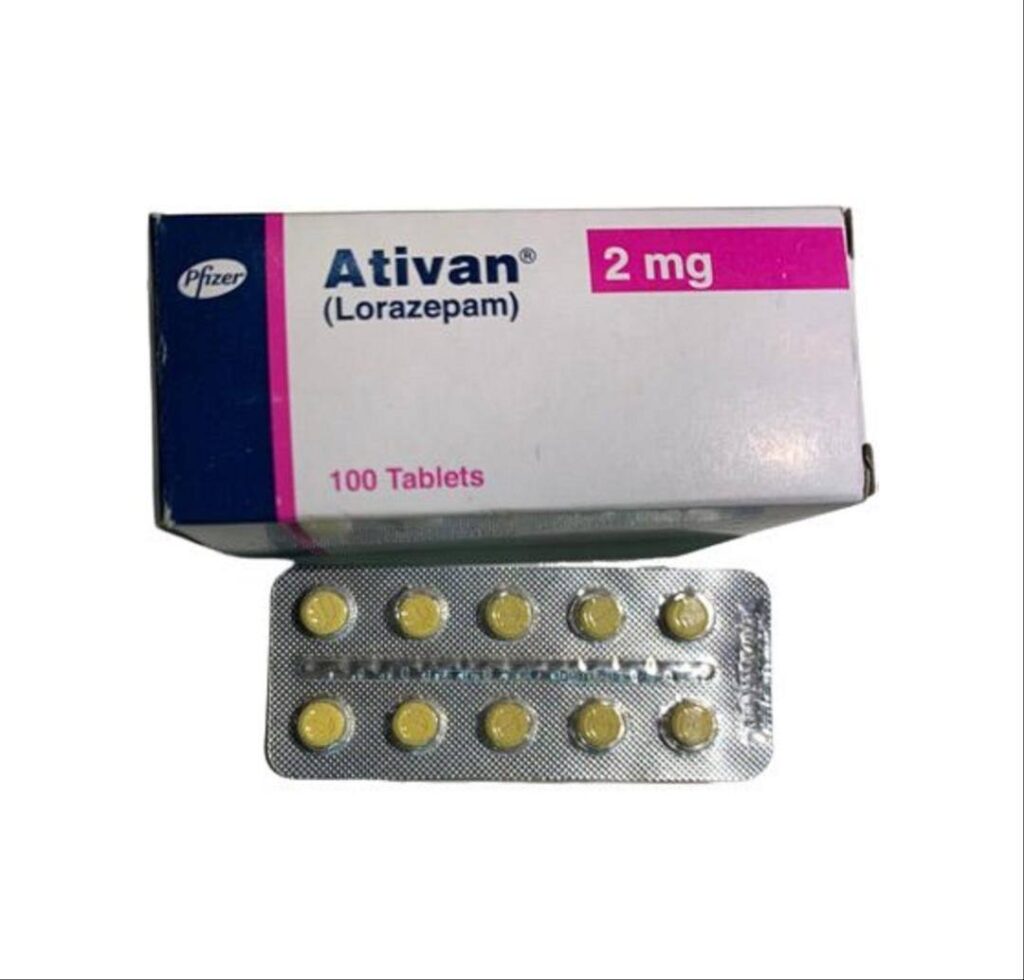Ativan (lorazepam) is a benzodiazepine commonly prescribed for anxiety, insomnia, and certain types of seizures. While effective, it can come with side effects like drowsiness, dizziness, and potential dependence. Balancing its therapeutic benefits with minimum Ativan’s Side Effects is crucial for optimal use. Here’s how you can maximize the benefits of Ativan while minimizing its potential drawbacks.

1. Start with the Lowest Effective Dose
One of the most effective strategies for minimizing side effects is to start with the lowest effective dose. Ativan is typically prescribed in doses ranging from 0.5 to 2 mg, depending on the condition being treated. Starting low allows your body to adapt to the medication and reduces the risk of experiencing severe side effects. If the initial dose is effective, there’s no need to increase it. Always follow your doctor’s recommendations and never adjust your dosage without professional guidance.
2. Take Ativan Only When Necessary
Ativan is most beneficial when used on an as-needed basis, especially for anxiety or situational stress. Regular, long-term use can lead to tolerance, dependence, and more pronounced side effects. If you’re using Ativan to manage occasional anxiety, try to reserve it for moments of acute stress rather than taking it daily. This approach not only reduces side effects but also decreases the likelihood of developing a dependency.
3. Time Your Dose Appropriately
When using Ativan, timing can significantly influence its effectiveness and side effects. For anxiety or stress, take Ativan about 30 to 60 minutes before a stressful event to allow it time to take effect. If using it for sleep, take it shortly before bedtime. However, avoid taking Ativan too late at night, as it may cause morning drowsiness, which can impair your ability to wake up and function effectively.
4. Avoid Alcohol and Other CNS Depressants
Alcohol and other central nervous system (CNS) depressants can exacerbate the sedative effects of Ativan, leading to increased drowsiness, dizziness, and even dangerous respiratory depression. To minimize these risks, avoid consuming alcohol while taking Ativan. Additionally, be cautious with other medications that have sedative effects, such as antihistamines, opioids, and muscle relaxants. If you are on other medications, consult your doctor to ensure there are no harmful interactions.
5. Monitor for Tolerance and Dependence
Benzodiazepines like Ativan have a risk of tolerance, where your body becomes accustomed to the drug, requiring higher doses to achieve the same effect. Over time, this can lead to dependence, making it difficult to stop using the medication. To avoid this, use Ativan sparingly and for the shortest duration necessary. If you find yourself needing higher doses or experiencing withdrawal symptoms when trying to reduce your dosage, speak with your doctor about alternative treatments or a tapering plan.
6. Adopt Non-Pharmacological Approaches
Complementing Ativan with non-pharmacological approaches can enhance its effectiveness and reduce the need for higher doses. For anxiety, techniques such as cognitive-behavioral therapy (CBT), mindfulness meditation, and regular physical exercise can be highly effective. For sleep issues, practicing good sleep hygiene—such as maintaining a regular sleep schedule, avoiding screens before bed, and creating a comfortable sleep environment—can improve sleep quality and reduce reliance on medication.
7. Stay Informed and Communicate with Your Doctor
Finally, staying informed about Ativan and maintaining open communication with your healthcare provider are essential. Regularly review your medication regimen with your doctor to ensure it remains appropriate for your needs. If you experience any side effects, report them promptly so your doctor can adjust your treatment plan if necessary.
Conclusion
Ativan can be a valuable tool for managing anxiety, insomnia, and other conditions when used correctly. By starting with the lowest effective dose, using it only when necessary, timing your doses appropriately, avoiding alcohol, and adopting complementary non-pharmacological strategies, you can minimize Ativan’s Side Effects and maximize its therapeutic benefits. Always work closely with your doctor to ensure the best outcomes with minimal risks.